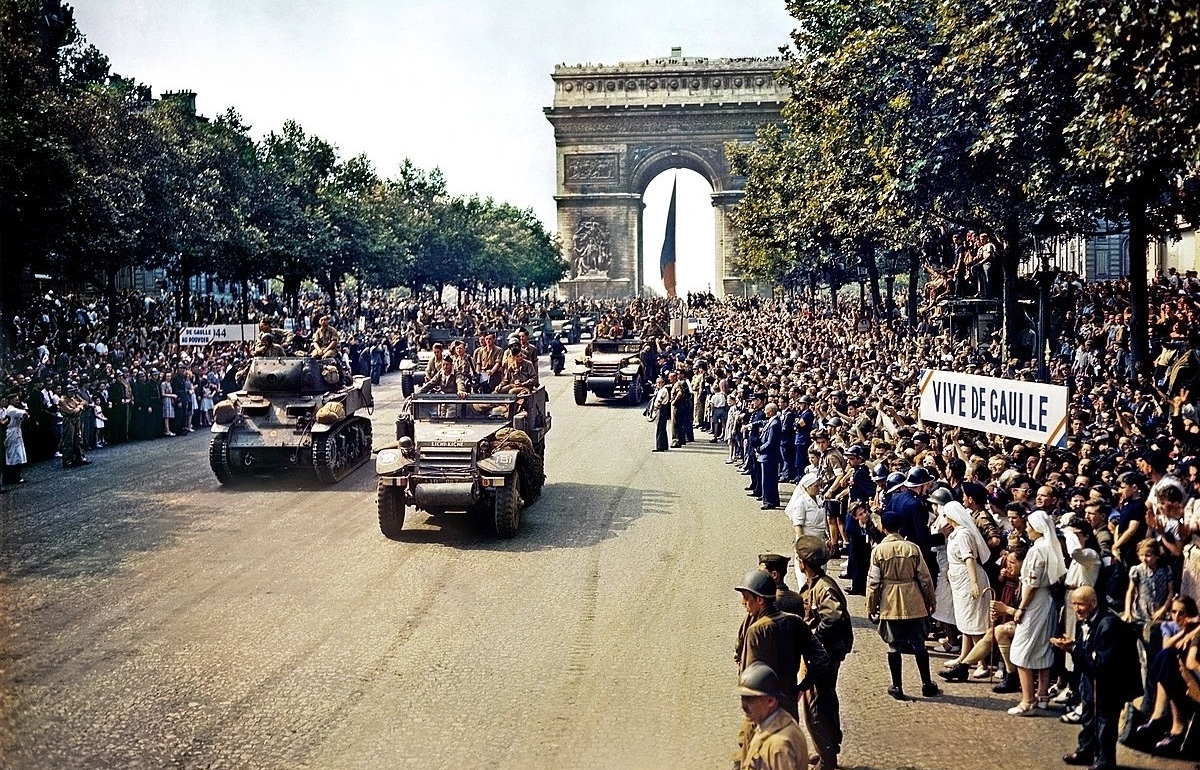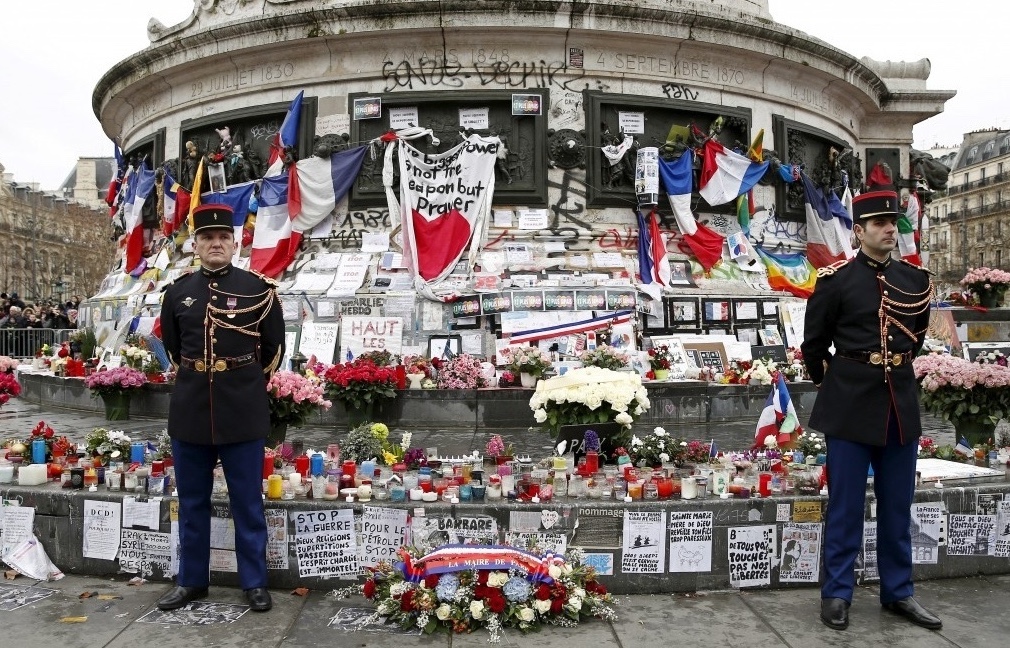The history of Paris dates back to approximately 259 BC, with the Parisii, a Celtic tribe settled on the banks of the Seine River. The city changed its name to Paris during the fourth century.
In 508 the first king of the Franks, Clovis I, made Paris the capital of his empire. During the 11th century, Paris gradually became more prosper thanks to its trade in silver and because it was a strategic route for pilgrims and traders.
The capital of France, which was the most populated city in Europe, was struck by the Bubonic plague, the Black death, killing thousands of Parisians. This ravages Paris and it became so severe that the Royal Council fled the city.
Poverty began to spread throughout Paris, during this period, there was an explosion of the Enlightenment philosophical movement, whose principles are based on reason, equality and freedom. Then, the Parisians stormed the Bastille, symbol of the royal authority.
Napoleon I is a popularly known person in the history of France, during the following 15 years, he enlarged the Place du Carrousel, built two Arcs de Triomphe, a column, several markets, the Paris bourse and a few slaughterhouses.



During the following 17 years, Napoleon III promoted the city’s urban development. Paris was conquered by the Prussian troops and a few years later, the 3rd Republic was proclaimed. With the new government, an era of economic growth began, then the construction of the Eiffel Tower.
Paris suffered important changes during World War I & II, the region was divided into two zones; the north which is under occupation and the south which free zone. This occupation was ended on August 25th when the international forced free Paris from the possession of Germans.
Paris witnessed a tragic event, a series of coordinated Islamist terrorist attacks which all took place on Friday, November 13th in 2015 in Paris, France. This was in the city's northern suburb, Saint-Denis, resulting in killing 137 people and injuring 415.
Paris is one of the only cities to have hosted the summer Olympic Games three times (in 1900, 1924 and 2024). This rare occurrence owes much to the determination of the City of Paris, a major player in the organization of these three editions.